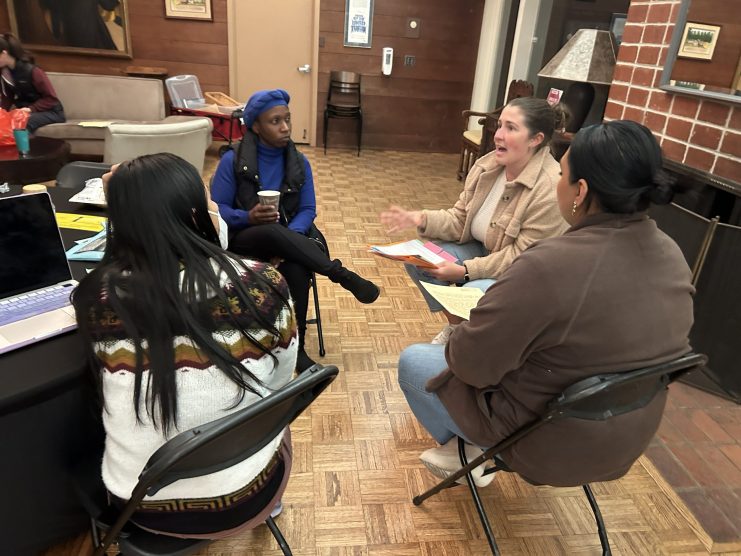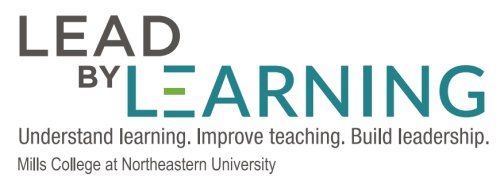
Core Value in Action: Commit to Anti-Racism
At Lead by Learning, we believe that effective adult learning deepens awareness of racial harm to engage in anti-racist action.
The shifts in mindsets and increased self-awareness of one’s implicit biases which lead to anti-racist action show this core value in action and are tenants of effective adult learning.
A predominately, white, affluent school district, partnered with Lead by Learning to disrupt inequitable outcomes for their BIPOC students. They knew that a change in instructional practices could not occur in isolation and that a change in educator mindsets and a close examination of one’s biases was needed to create a lasting change.
Year after year, their data pointed to BIPOC students not succeeding at the level of their white peers academically and socially. Teachers and leaders alike were looking for a new way to collaborate and a new way to serve their students. The district partnered with Lead by Learning to redesign adult learning using inquiry with focal students at the center.
At an adult learning session, teacher leaders from across the district, representing multiple school sites convened after conducting focal student learning partnership conversations. One educator, as our Public Learner, played the audio from her focal student for the community of practice. She wanted to understand how her classroom format, specifically study groups, was supporting or not supporting this student’s academic success.
As she relistened to this interview, with 60 of her district-wide colleagues listening, she began to vulnerably question and share aloud what she was thinking and what next steps and changes to her practice this conversation had sparked.
In what ways had her personal experiences in school and identity as a white educator impacted the format of her classroom, and what did her student whose racial identity and personal life experiences were different than hers, need to be successful?
While her student shared that he enjoyed the study group structure, he also expressed that it was helpful for him to sit with his friends during this time because they helped him focus, though the teacher had assumed the opposite. One attribute of White Dominant Culture that the district had been examining was Individualism & Seperateness in comparison to Community & Collectivism. The student’s community was especially important in his white-dominant school. And while the teacher may have assumed, with the best intentions, that separating students would help them, in fact, the student felt differently. After the interview, she was able to articulate next steps to not only examine this bias but also take action in partnership with her student’s needs.
The opportunity to zoom in on a focal student, collect powerful data with her students, and reflect on this 2-minute conversation with peers, invited her to embed more opportunities for self-reflection in her classroom.
Teachers who engage in deep reflection on their implicit biases, as this educator did, are more likely to make student-centered changes in practice and build stronger relationships with their students because of the opportunity to have their critical consciousness raised in the community.
This story is not unique to this one district or community of practice or the race of our participants. As all Lead by Learning partners are supported to interrogate biases and assumptions as White Supremacy Culture and systematic racism is endemic in our education system. Our partners, who share their personal stories of mindset and practice shifts on our teacher and leader voices blog, are testaments to this value in action.
In enacting our value of committing to anti-racism, we support teachers to deepen self-awareness to reduce and disrupt racial harm.
